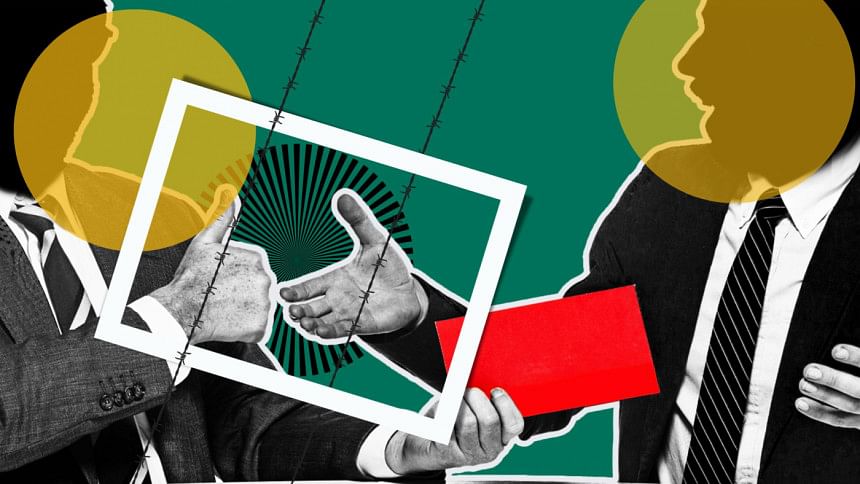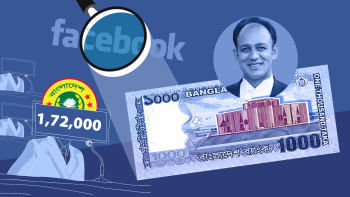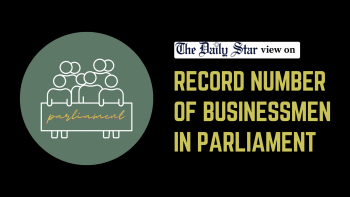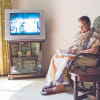Transitions, coins, and lenses

I am glad I left my glasses at home today. For many years, I thought that I would not be able to live without them. Today, after almost 20 years, I am reading and writing without having to resort to my lenses. True, my vision is blurred; true I cannot read and write without comfort. But I do know that I now can exist without my lenses.
Working through a lens is probably good for our sight, but learning to survive without them is probably more rewarding for the spirit. So, point is, who do I love more? My soul or my sight?
I would rather be blind than soulless.
Hence the rant below….
Filter less and lens free transitions are often uncomfortable but necessary. Transitions also give many constituencies the opportunity to speculate, confuse and divert the conversation considering that any transition is a grey area that does not come without a blur.
Once upon a time, the state was super powerful. There was a time when the developing world operated through interventionist state model. If there were successful economic transformation, state took the credit as state was then capable of dominating social groups, including business. Gradually, in place of the states, significant trends of privileging the private sector were noticed to be on the rise along with a substantial increase in business power resulting in ultra-invigorated business associations.
Globally, businesses yielding significant influence in governments is not unusual. In the US alone, according to Center for Responsive Politics, businesses donated over $7 billion to candidates and committees in the 2022 election. University of Chicago published a study in 2023 where the school spotted that companies with political ties experienced a 15 percent average decline in stock prices as a result of corruption scandal. Ethical lapses surfaced and the companies lost confidence. American consumers, too, have become sceptical about investing in companies that compromise public interest and serve the interests of the politicians and donors.
In Bangladesh, we have gone the other way. When private sector became powerful in Bangladesh, the morals of the business sector came crashing down like a house of cards. The formula was easy. Being seen with "power" was important. A picture was necessary. A Facebook post was essential. Getting in and out of the "office" of power mattered the most. Very quickly, instead of addressing issues related to business, the prime consideration was always to flaunt the proximity to power.
In association elections, the positioning of political leaders on the stage became critical for victory. In most cases, the faces of the business leaders became the faces of the government. Most leaders after having served in the business associations moved to join the parliament. Parliament started to look like a tiered corporate sector, where wealth would be produced on a daily basis. One word from the leader of the parliament would rescue a sinking ship; one glance or a smile would salvage any ruin.
Thus, we rolled on. For years, faces popped up in the royal court to sing praises. For years, the court jesters routinely changed masks to adapt to the needs of the times and the business leaders shamelessly changed faces.
Elections in multiple business associations in the past have been controlled by the centre of power. During most of the association elections, rigging has been a standard practice. One association doesn't even have an accurate voter list. Non-manufacturers are voters. In spite of many attempts, this hasn't changed as it gives the contenders a chance to use the "sick" factory votes and reward them in one way or another. Instead of focusing on what's really needed for the sector, instead of policy directives, what has gagged the sector's growth is lack of focus on key areas and excessive stress on political alignment. Pictures with political leaders and advertisements on newspapers have been the focal point of any trade discourse.
"Onar shathey link bhalo," "Onake PM pochonodo koren na"… were the only discussions that were mostly heard. Presidents have also been seen falling on their knees on airplanes and addressing the ex-PM for reducing source tax. Yours truly bears witness to one of those occasions.
In all honesty, the business associations have been subjected to an endless game of masquerade where garlands, pictures and faces changed with the direction of the political wind. The fact that this country is not ready for LDC graduation, the fact that sector diversification is needed, the fact that in terms of economic complexity, Bangladesh is lagging behind—these issues have never made it to the trade headlines. To be seen with the "centre" had always been the priority. To be travelling with the centre was key. To be delivering eulogies was essential. And…this has gone on…
Doing business while in politics is a risky proposition. While potential benefits exist, the potential for reputational damage, loss of trust, and legal challenges are significant. For most, the risks likely outweigh the rewards. Let's remind ourselves that we ought to weigh the potential benefits and drawbacks carefully before embarking on this path. Let us also not forget that there are demands on transparency and ethical conduct from both business leaders and politicians. Let us also not forget that prioritising good governance and acting in the public interest both MUST be key while navigating this demanding intersection.
What can we do to separate business from politics? Maybe build a few goals and acknowledge that "transparency" matters, that there must be an ethical compass and that there needs to be a clear wall between business and political activities. Maybe have independent watchdogs to ensure all of the above?
And yes, the road where we stand today is one of uncertainty. But let there not be a single coin to mar our journey. A democracy needs a full field filled with players ready to jump into a fair game. The game need not be dominated by a toss of a coin, where both sides look the same, and come with the same baggage and consequences. Let the change that's sweeping the country today not be a sole discourse on power, rather on the rewarding journey of self-correction.
Dr Rubana Huq is vice-chancellor of Asian University for Women (AUW).
Views expressed in the article are the author's own.
Follow The Daily Star Opinion on Facebook for the latest opinions, commentaries and analyses by experts and professionals. To contribute your article or letter to The Daily Star Opinion, see our guidelines for submission.

 For all latest news, follow The Daily Star's Google News channel.
For all latest news, follow The Daily Star's Google News channel. 










Comments